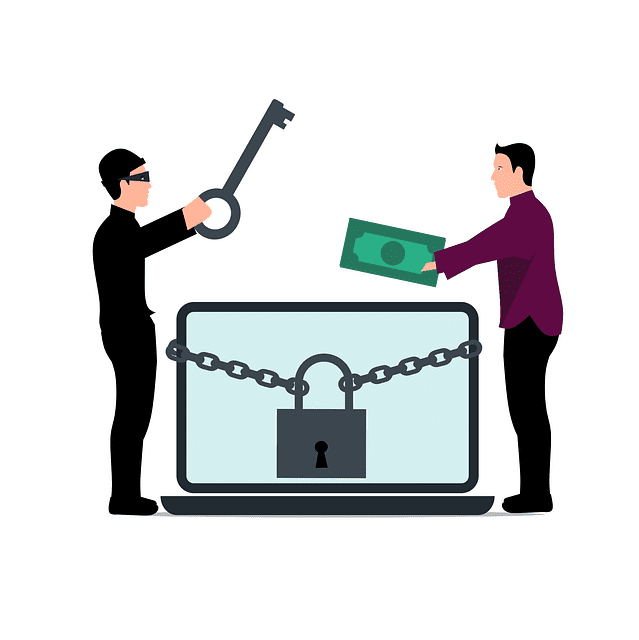
The American Radio Relay League (ARRL) recently confirmed the payment of a $1 million ransom to restore its systems following a ransomware attack that occurred in May.
Upon discovering the incident, the organization immediately disconnected the affected systems to prevent further spread of the threat. By July, ARRL disclosed that its network had been attacked by a malicious international cybergroup employing sophisticated hacking techniques.
Although ARRL did not officially name the group behind the attack, sources have indicated that the responsibility lies with the Embargo group. A document filed in July with the Maine Attorney General’s office revealed that the data breach affected only 150 ARRL employees.
When the organization announced that it had taken all necessary measures to prevent further dissemination of stolen data, many interpreted this as confirmation that ARRL had either paid or was planning to pay the ransom. It turns out these assumptions were not unfounded.
ARRL acknowledged that it did indeed pay the ransom, not to prevent a data leak, but to obtain a decryption tool to restore systems compromised by the attack. The organization’s statement mentioned that the attackers demanded an exorbitant sum, despite the limited resources of the nonprofit.
According to ARRL, negotiations with the hackers were tense, but ultimately, a ransom of $1 million was agreed upon. A substantial portion of this amount, including the costs of system restoration, was covered by the organization’s insurance policy.
Currently, most of ARRL’s systems have been restored, and the league anticipates that it will take up to two months to fully recover all affected servers under new infrastructure standards, including a data backup system.
This incident vividly illustrates how vulnerable even nonprofit organizations can be to modern cyber threats. It underscores the critical importance of investing in robust cybersecurity measures and having a comprehensive incident response plan in place.
Moreover, the ARRL case raises ethical questions about the propriety of paying ransoms to cybercriminals, which could encourage further attacks, but sometimes remains the only means to relatively swiftly restore the operation of vital systems.
Related Posts:
- Cybercriminals have been earned over $16 million by distributing ransomware for 2 years
- Mozilla Confirms: Intel CPU Vulnerability Could Be Used To Extract User Information
- Cisco Confirms Critical RADIUS Protocol Vulnerability in Multi Products: Patch Now!
- Riot Games has been hacked: League of Legends and other game source codes stolen